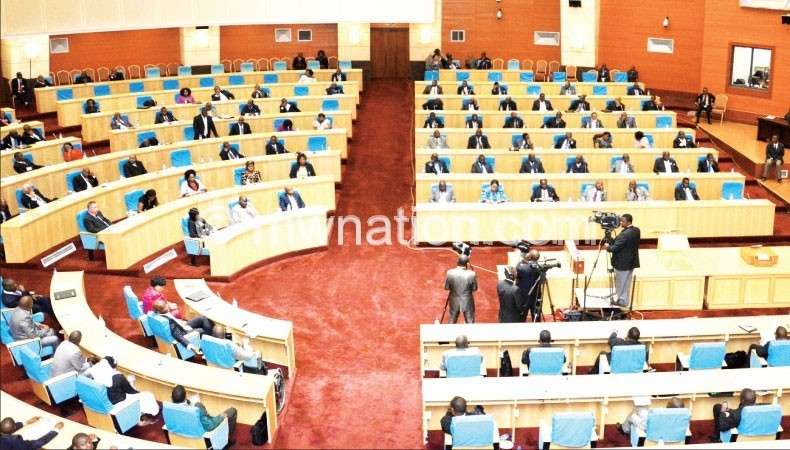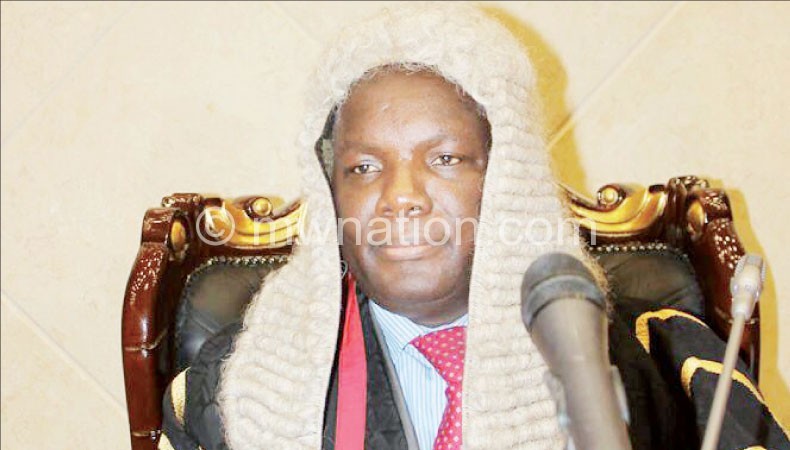UDF MPs move to govt benches
- There is nothing wrong, says Speaker
Finally, United Democratic Front (UDF) members of Parliament (MPs) have been given the go-ahead to relocate to the government benches in the National Assembly.
Speaker of Parliament Richard Msowoya yesterday confirmed the new arrangement in an interview.
However, the decision to move to government benches has not been popular among UDF legislators who were divided on the issue during a snap survey The Nation carried.
Said Msowoya on the new development: “Yes, it is true [that UDF MPs will sit on the government side]. The Attorney General [Kalekeni Kaphale] says there is nothing wrong for the members to ask to be moved and as a Speaker, any member is free in the chamber. So, as it stands, UDF MPs will now sit on government benches.”
UDF secretary general Kandi Pandambo also confirmed the development, saying it followed a successful application to the Speaker of parliament.
Leader of the House Francis Kasaila also confirmed the move.
Commenting on the same, lawyer Justin Dzonzi said the move does not pose any threat to democracy, but added it might be a problem if government is in one way or the other swallowing “smaller” political parties.
“There is nothing wrong with this arrangement as long as they [UDF] do not begin to deregister,” said Dzonzi who is also executive director of Justice Link.

UDF won 14 seats in the 193-member National Assembly during the May 20 Tripartite Elections.
In The Nation survey involving 13 of the 14 UDF MPs, two said they have no problems moving, one gave an outright ‘No’, three were undecided and five said they would follow the party’s position.
Two of the 14 legislators—Minister of Home Affairs and Internal Security Atupele Muluzi and Second Deputy Speaker of Parliament Clement Chiwaya—would not be affected by the move by virtue of their positions.
In Malawi, over the years, political party working relationships have proved disastrous to subordinate parties.
During the first post-independence multiparty general elections in 1994, the Alliance for Democracy (Aford) scooped all seats in the Northern Region and some in the Central Region. However, Aford’s numbers in Parliament started to dwindle after the then party leader, the late Chakufwa Chihana, entered into an alliance with the then governing UDF. Currently, Aford has only one MP in Parliament.
The Republican Party (RP) of Gwanda Chakuamba won 17 seats in Parliament during the 2004 general elections. But when it entered into a post-election alliance with the then governing UDF, RP won no seat in the 2009 elections.
UDF came to power in 1994 after defeating Malawi Congress Party (MCP) in 1994. It swept seats in the Southern Region and most seats in the Central Region.
During the 1999 elections, UDF won 91 seats, but the figures continued to drop in the subsequent elections when it won 49 seats in 2004 and 16 in 2009.
President Peter Mutharika is scheduled to open the Budget Meeting of Parliament this Tuesday.





